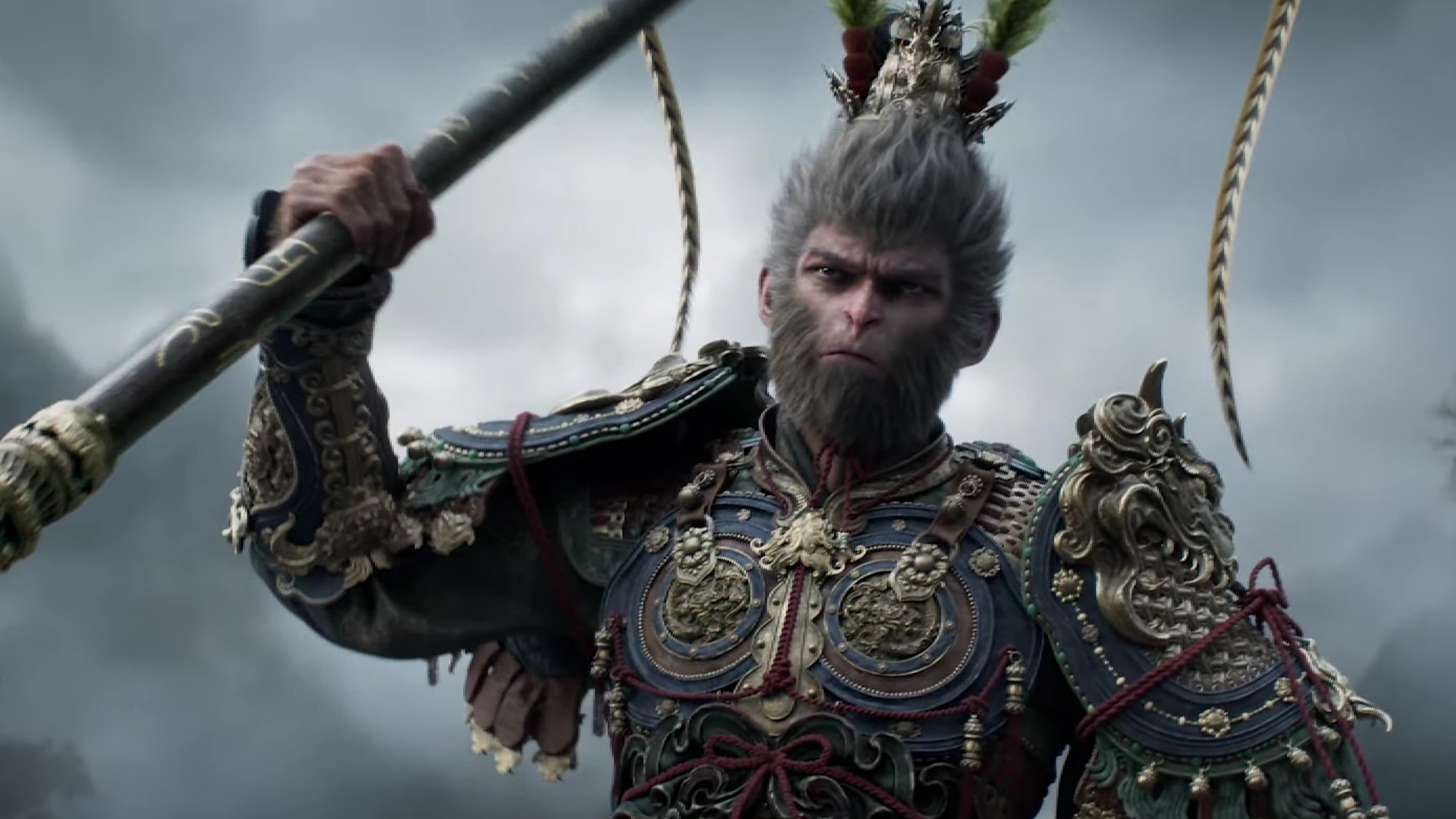
Historically, Xbox has struggled incredibly hard in Japan. That was, until 2023.
Microsoft brought on Mena Sato Kato, a former executive from PlayStation, in 2023 to revitalize Xbox’s presence in Japan. Japan is a hugely important and profitable market for gaming. Japanese game developers, from small indie studios to major companies, are seeing increased success with both new games like Elden Ring and established franchises such as Resident Evil, both in Japan and around the world.
Microsoft consistently faced difficulties attracting Japanese gamers and convincing Japanese game publishers to work with Xbox. Many publishers preferred exclusive deals with PlayStation. However, things have improved considerably, and Mena Sato Kato is often credited as a key factor in this change.
As an analyst, I’ve been closely following Mena Sato Kato’s impact, and it’s clear her relationships and experience have been instrumental in bringing key Japanese publishers, like Square Enix, back to the Xbox ecosystem. This has dramatically changed Final Fantasy’s presence on Xbox – it’s gone from being rarely available to being fully represented. In fact, Xbox is now unique in offering every classic Final Fantasy title through backwards compatibility. Looking ahead, Square Enix has committed to releasing Final Fantasy 7 Remake, Rebirth, and the upcoming third instalment on Xbox simultaneously with other platforms. Importantly, they’re also one of the few publishers fully embracing Xbox’s commitment to cloud gaming and the ‘buy-once, play anywhere’ licensing model, which is a significant vote of confidence in the Xbox platform.
Microsoft recently promoted Mena Sato Kato, and she announced the news on LinkedIn this week.
I’m excited to be attending TGS next week as the new Managing Director for Xbox Asia! Looking forward to catching up with friends and colleagues from around the globe in Tokyo.
Mena Sato Kato via LinkedIn
Mena Sato Kato has been promoted to Managing Director of all of Xbox Asia, overseeing not just Japan. There’s huge potential for Xbox growth in the region, especially with more people playing PC games. Steam is becoming increasingly popular in China, and Xbox PC is now the second most popular store for PC games, largely thanks to PC Game Pass.
Plenty of challenges remain, especially when it comes to partnerships with Japanese game publishers. Many are hesitant to fully embrace Xbox. For example, Nihon Falcom, the creators of the popular “Trails” series, has very limited presence on the platform. Konami recently made a deal to keep the Silent Hill 2 Remake exclusive to PlayStation, even though they released Silent Hill F on Xbox with Play Anywhere support. Microsoft also missed out on securing Black Myth Wukong and Stellar Blade, both of which ended up as PlayStation exclusives. However, thanks to Mena’s efforts, Microsoft previously scored an exclusive hit with Palworld.
Capcom’s support for Xbox has been inconsistent. While some popular titles like Resident Evil 2 included Xbox Play Anywhere features, newer games like Resident Evil Requiem didn’t. Additionally, Capcom has been slow to release certain older games, such as Monster Hunter Stories 1 and 2, on Xbox, even after promising to bring three titles to the platform earlier in the year.
At this year’s Tokyo Game Show, Microsoft plans to highlight its partners in Japan and across Asia with a dedicated Xbox presentation. Attendees can expect a reveal of *Forza Horizon 6*, possibly set in Japan, and new details about *Ninja Gaiden 4*, which is being developed by Team Ninja in Japan under Koei Tecmo.

Games from China and Korea are becoming increasingly popular in Western markets. New Chinese studios like those behind Wuchang Fallen Feathers and Black Myth Wukong have seen significant success. Meanwhile, Korean developers such as Pearl Abyss, KRAFTON, and Neowiz have also found a large audience, particularly through Xbox. Neowiz’s Lies of P, for example, quickly gained popularity thanks to being available on Xbox Game Pass.
Microsoft is expanding into Asia at a key time. With tariffs and other challenges making it harder to gain customers in established markets, selling Xbox products and services in Asia – especially where they’re made – could be a significant win for the company. Growing gaming markets like India, previously focused on mobile gaming, are also becoming increasingly important for PC and cloud gaming.
The gaming industry is constantly changing due to factors like U.S. tariffs and shifts in player populations and preferences. While many large game companies are focusing on games as ongoing services, developers in Asia and smaller independent studios in the West are creating more traditional, complete game experiences. It will be fascinating to watch how Mena Sato Kato and the Xbox Asia team adapt to these new conditions.
Read More
- Survivor’s Colby Donaldson Admits He Almost Backed Out of Season 50
- Where Winds Meet: How To Defeat Shadow Puppeteer (Boss Guide)
- Best Controller Settings for ARC Raiders
- Gold Rate Forecast
- How to Build a Waterfall in Enshrouded
- The Sci-Fi Thriller That Stephen King Called ‘Painful To Watch’ Just Joined Paramount+
- Samson: A Tyndalston Story Studio Wants Players to Learn Street Names, Manage Hour-to-Hour Pressure
- Fatal Fury PS5, PS4 Will Return with a Second Season of DLC Fighters
- Battlefield Just Made a Change That Will Make Rush & Breakthrough Easier for Attackers
- Death Stranding 2: Best Enhancements to Unlock First | APAS Guide
2025-09-19 21:40